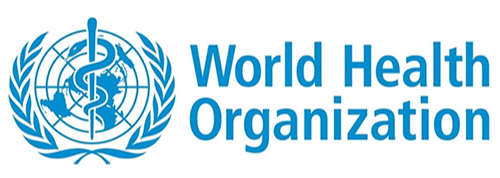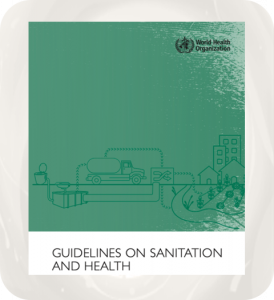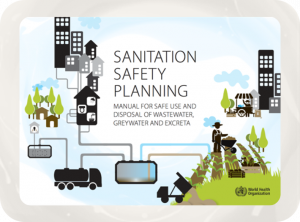Sanitation Safety Planning on-line training
“Maximizing health impact of sanitation systems”
Training for authorities, local practitioners, members of consortia, facilitators, future trainers and igniters of Sanitation Safety Planning (SSP) processes in Nepal and Nigeria
December 9th to 15th 2020 (with a weekend free in between)
The World Health Organization offers an (by-invitation only) online training course on Sanitation Safety Planning (SSP) to support national and local initiatives worldwide
Sanitation Safety Planning (SSP), developed by the World Health Organization in 2015, is a step-by-step risk-based approach to assist in the implementation of local level risk assessment and management for the sanitation service chain – including toilet, containment/storage and treatment, conveyance, treatment and end use or disposal.
This approach ensures that sanitation interventions target the greatest health risks, informing investment decisions to maximize health impact.
Course levels and objectives
The overall aim of the SSP online training is to equip local SSP stakeholders with the needed attitude, knowledge, skills and resources to initiate, participate and sustain Sanitation Safety Planning Processes in their localities.
The online training course has been designed to cater the needs of the different stakeholders involved in Sanitation Safety Planning. As a result, a ladder training approach has been taken, which allows participants to choose the degree of involvement in the training course depending on their roles in SSP processes and their available time.
Participants can choose among the following course levels:

Basic level
Ideal for those who want to learn about the principles of SSP but will not be directly involved in SSP processes. This is a great opportunity for authorities working at the national and regional level.
At the end of the training participants will understand the value of SSP, as a tool to implement the WHO Guidelines on Sanitation and Health.
Dedication: 1-hour self-study + 1 hour live online session daily
Project: None
Practitioner’s level
Ideal for future members of SSP teams, who will participate in each step of the local health risk assessment and management process.
At the end of the training, participants will know how to carry out each step of the Sanitation Safety Planning methodology.
Dedication: 1-hour self-study + 2:15 hours live online session daily
Project: Development of a SSP in a given locality as part of a group work
Facilitator’s level
Ideal for those who have been appointed to lead the implementation of SSP in their localities.
At the end of the training, participants will have identified what is needed to initiate SSP processes, those who should be involved, and know how to best prepare for SSP.
Dedication: 1-hour self-study + 3:15 hours live online session daily
Project: Development of a SSP in a given locality as part of a group work
+
SSP action plan, indicating the requirements, timeline and milestones of their own SSP projects.
Participants taking the Practitioner’s level course are required to take part in the Basic course. Likewise, participants enrolled in the Facilitator’s level course are required to take part in the Basic’s and Practitioner’s level sessions.
Features of the online training course
- Self-study time: participants will have access to pre-recorded sessions.
- Learning by doing: participants will work with a given case study, learning the SSP methodology by applying it in a location.
- Flexibility: participants decide their level of engagement before the training starts.
- SSP community: participants will have the opportunity to exchange with participants from around the world.
 Profile of participants
Profile of participants
WHO country offices are in charge of identifying participants. We recommend engaging participants who:
- Are key to ignite SSP in a locality or country.
- Are interested to learn about SSP.
- Are familiar with the whole sanitation system and services in their locality.
- Are in charge of driving SSP processes in the framework of an existing project or program.
- Have a professional assignment related to SSP as part of the work.
- Have the skills, information and resources to support SSP processes in the future.
- Are motivated to learn the SSP methodology and see the ToT as an opportunity to advance in their careers.
Upon completion of the Facilitator’s level course, participants will develop their own SSP action plans to start SSP processes in their localities. Further technical support towards offering SSP face-to-face trainings and SSP coaching may be provided.
If you have been invited as participant by the WHO country office representative, please contact us before November 25th 2020 indicating the course level you will take (basic, practitioner or facilitator level).
We will also give you access to the private area with the course material.
|
Requirements In order to ensure a flawless training experience, participants are required to dispose of: |
|
| Advanced English skills | |
| One computer per participant | |
| Steady, high speed internet connection | |
| Depending on the course level, participants are requested to reserve the indicated time during the training week | |




